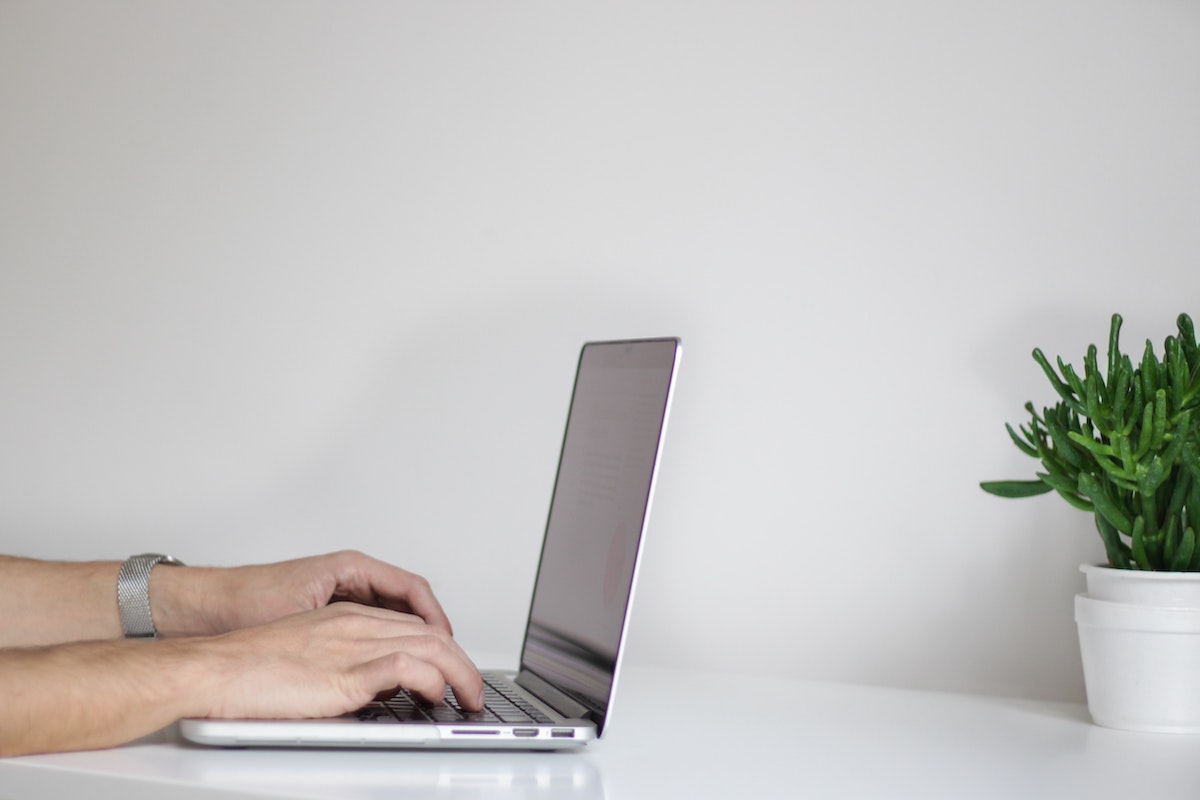The Hurdles Presented by COVID-19
The National Institute on Drug Abuse and other organizations have publicly shared their concerns about the impact that COVID-19 will have on those with active substance use disorders. First, those who are addicted to drugs and alcohol may have compromised immune systems. People who smoke marijuana or tobacco may also experience more severe lung-related symptoms of coronavirus. Finally, individuals with substance use disorders are also more likely to experience incarceration or homelessness than the general population; these situations pose unique challenges regarding the virus’s transmission.
Those who have begun their journey to recovery may also face obstacles due to COVID-19. The social distancing measures required by state and local governments – remaining six feet away from others, avoiding gatherings of multiple people, and staying home unless absolutely necessary – are of particular concern. They have resulted in the dissolution of AA and NA meetings for the foreseeable future and have required people in recovery to remain alone in their homes. This lack of support, coupled with increased isolation, can be disastrous for those in recovery. Therefore, it is vital to adapt and find remote resources during this period of social distancing.
Finding Remote Resources
Luckily, all of this is happening during a period of widespread access to technology. While we cannot meet with others physically, it is possible to connect with our friends, family, and support system through the internet. Now more than ever, it is evident that you are not alone in your recovery. So many people have begun to create resources that a quick Google search for “online recovery resources” turns up more than 709 million results – that’s a lot to sift through!
To find the programs that are most effective for you, we encourage you to take two specific steps: contact your treatment center and turn to trusted sources.
First, consider reaching out to your treatment center’s alumni coordinator. They will have a wealth of information about alumni resources, the facility’s COVID-19 response, and recommendations based on your situation. For example, Lakeside-Milam has created an app for our alumni, family members, and current patients. This service allows you to track your recovery progress, join wellness challenges, and get help from our team of recovery experts, all from the comfort of your home. The app is completely free of charge, and many clients have found it especially helpful during COVID-19. By reaching out to your center, you will learn about these local and digital resources.
Next, be sure that you’re looking to trusted sources for online recovery support. Be wary of unsecured chat rooms or sketchy forums; your privacy is paramount, and many of these services cannot guarantee that your information is protected. The Substance Abuse and Mental Health Services Administration (SAMHSA) is a great place to start looking for legitimate recovery support services; this governmental entity provides links to vetted virtual resources. Their tip sheet outlines a list of support services, and also provides resources to help local recovery programs to host online meetings.
Remote Resources: Our Recommendations
Virtual Meetings – Online 12-step meetings can be an important piece of your recovery program during COVID-19. These are hosted by Alcoholics Anonymous, Narcotics Anonymous, Cocaine Anonymous, Marijuana Anonymous, and more. There are also meetings for secular and religious groups, gender-specific audiences, and family support programming.
Telehealth Services – Many outpatient programs have converted to online sessions in lieu of office visits. Clients report an equal level of satisfaction with virtual visits and enjoy receiving support and clinical assistance from their own homes. If you’re interested in remote resources like teletherapy, we encourage you to contact your treatment center today.
Reference Materials – There are also many guides and informative booklets for those struggling with mental illness or addiction during the coronavirus outbreak. The National Alliance on Mental Illness (NAMI) has compiled an information and resources guide for those in this position. Questions answered in the guide include…
- I’m having a lot of anxiety because of COVID-19.
What can I do? - I don’t feel safe while at home. How can I
protect myself? - I’m working from home and feel disconnected from
my routines. What can I do? - I feel isolated and lonely. How can I find
connection while quarantined?
NAMI provides CDC-approved information on coronavirus, along with links and remote resources for those experiencing loneliness or worsened mental illness due to the outbreak. Those seeking support should look to this guide for recommended next steps.
Support Lines – Referred to as hotlines, support lines, and even “warmlines,” many resources are also available by phone. Calling one of the numbers in the National
Help Line provided by NAMI, for example, links you with resources close to home. There are crisis centers, ministries, and mental health centers, all just a phone call away. If you’re feeling overwhelmed or stressed about COVID-19, we encourage you to dial one of these numbers today.
We’re Here for You
The novel coronavirus has presented a unique series of challenges to those in addiction recovery. Fortunately, there are countless remote resources available; they’re only a click or a phone call away. Lakeside-Milam is still open and adhering to CDC best practices; we’re also now providing telehealth services. To learn more, contact us today.






